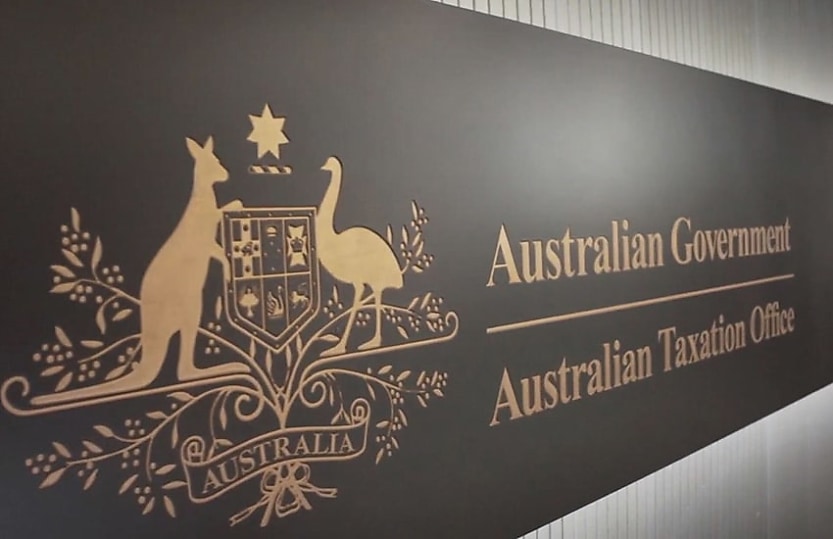‘Not gaming the system’: ATO celebrates ‘record levels’ of corporate tax receipts

The ATO has celebrated a high level of compliance in its latest corporate tax transparency report, but warned compliance could slip if monitoring was pared back.
On Wednesday (2 October), the ATO released its 2023–24 Corporate Tax Transparency (CTT) report, revealing that large corporates paid a combined $95.7 billion in income tax. This was the second-highest annual total ever recorded.
Assistant ATO commissioner Michelle Sams said the large tax take had been buoyed by the efforts of the ATO’s Tax Avoidance Taskforce. She assured taxpayers that the ATO was keeping a close eye on companies that didn’t pay corporate tax.
“While there are legitimate reasons why a company may pay no income tax, the Australian community can be assured we pay close attention to those who don’t pay corporate tax and ensure that they are not gaming the system,” Sams said.
“Continued investment in the Tax Avoidance Taskforce bolsters our efforts to identify and take action against those companies that don’t pay the right amount of tax.”
Large corporate tax compliance in Australia is high, the ATO said, with 94.1 per cent of tax paid voluntarily and 96.3 per cent following ATO compliance actions.
In 2023–24, the share of corporations paying zero tax fell to its lowest rate in the 11 years since CTT reporting began, the ATO added. The report showed that 28 per cent of large corporate entities paid no tax in Australia, down from 31 per cent the year prior.
The largest portion did so by incurring an accounting loss (13 per cent), followed by incurring a tax loss (4 per cent), utilising offsets (2 per cent) and utilising tax losses from previous years (9 per cent).
While there could be legitimate reasons underpinning why entities didn’t pay any tax, the ATO has flagged that multinational profit shifting continued to be an area of concern.
Australians held more than $370 billion in known overseas tax havens and that the country lost $11 billion in tax revenue to multinational profit-shifting activities in 2020, research from the EU Tax Observatory found.
As part of global efforts to crack down on profit shifting, the ATO’s incoming public country-by-country reporting (PCbCR) scheme will give the public access to more granular information regarding multinationals’ business operations, enabling greater scrutiny of profit shifting and base erosion behaviour.
The ATO said that it would continue to apply Tax Avoidance Taskforce resources to the large corporate sector in order to ensure ongoing compliance, underscoring that continual effort would be required to maintain high compliance levels.
“Businesses respond to our presence. We have observed improvements in the tax compliance of large corporates over time as a result of our monitoring and compliance activities. We estimate that if we halved our investment in this area, within five years tax compliance would take a backwards step,” the ATO said in a release.
“Since the Tax Avoidance Taskforce commenced in 2016, it has helped secure more than $37.6 billion in additional tax revenue from multinational enterprises, large public and private businesses.”
About the author

